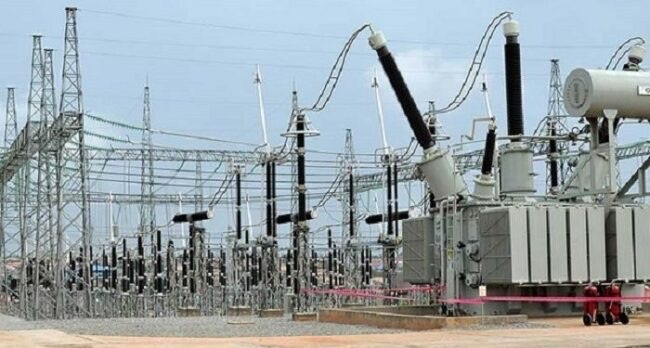In the midst of calls from power sector stakeholders urging the Federal Government to eliminate subsidies on electricity tariffs, a concerning revelation has emerged – over seven million customers are still without electricity meters in the power sector. The absence of meters leaves customers unable to manage energy consumption and subjected to estimated bills from electricity distribution companies (DisCos).
Recent data from the Nigerian Electricity Regulatory Commission (NERC) reveals that, as of September 30, 2023, there were 12,825,005 registered electricity customers in the Nigerian Electricity Supply Industry (NESI), with only 5,707,838 (44.51 percent) having meters.
NERC’s third-quarter 2023 report discloses that 148,389 end-user customers were metered during the period, with Ikeja, Abuja, and Ibadan DisCos leading in meter installations for 2023/Q3, accounting for 27.35 percent, 20.78 percent, and 17.53 percent, respectively, of the total installations.
As the power industry grapples with underperformance and severe financial challenges, the Commission indicates that government subsidies to the sector will exceed N600 billion by the year-end. Additionally, the Commission forecasts that, without a cost-reflective tariff, electricity subsidies will escalate to N1.6 trillion in 2024.
In response to the industry’s financial predicament, Adetayo Adegbemle, the Convener and Executive Director of PowerUp Nigeria, expressed concerns, asserting that the government cannot sustain electricity subsidy payments. Adegbemle highlighted that historically, the Nigerian government has been footing electricity subsidies to the Nigeria Electricity Supply Industry, resulting in a significant gap between the cost-reflective tariff and the approved tariff for consumers. He emphasized that, given rising inflation and the Naira’s devaluation impacting existing tariffs, the financial situation in the market is likely to deteriorate further next year, especially after the government implemented a freeze on the Multi-Year Tariff Order (MYTO) review in July.


